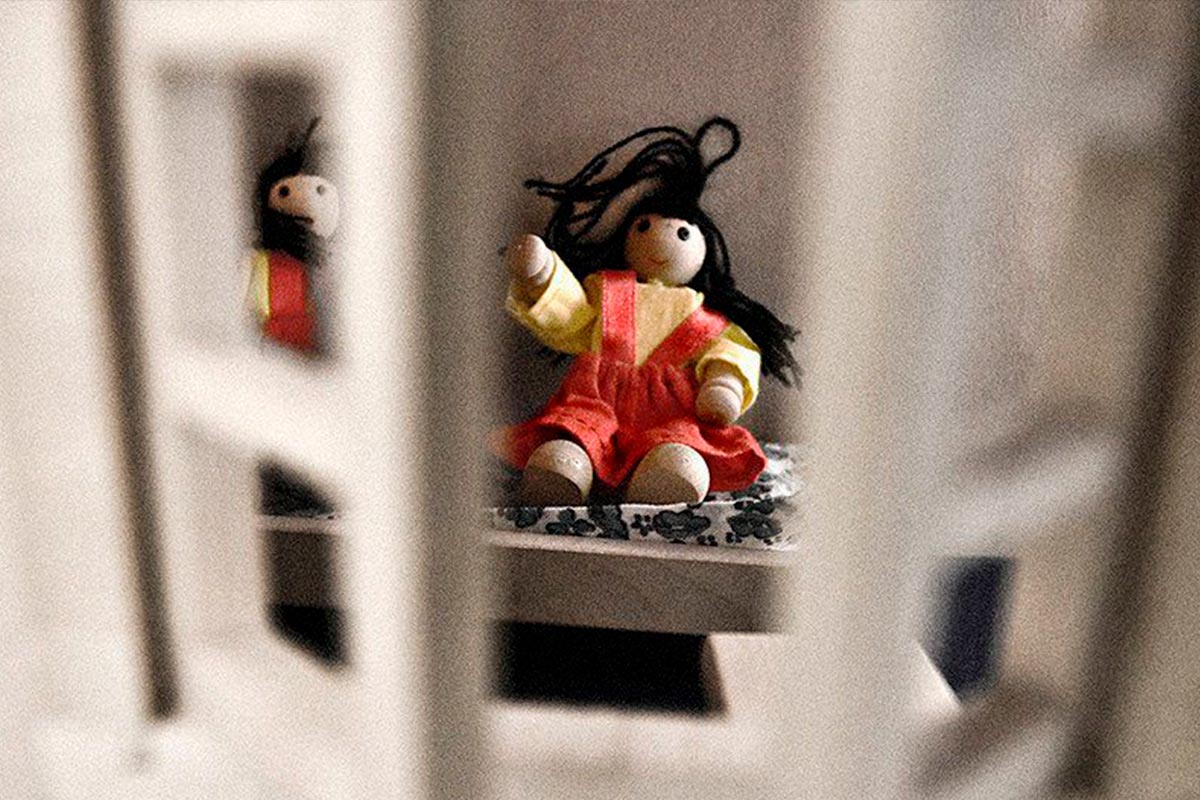Almost a year after the beginning of the National Strategic Plan for the Prevention, Attention, Investigation, Prosecution and Punishment of the Crime of Human Trafficking 2023-2027, the dictatorship of Daniel Ortega and Rosario Murillo continues to fail to guarantee shelters for victims of human trafficking.
The creation of shelters for victims of trafficking is one of the minimum standards for the elimination of this crime, according to the Office to Monitor and Combat Human Trafficking of the U.S. Department of State; and is one of the obligations of the Nicaraguan State, as established in Article 29 of Law 896, Law against Human Trafficking.
According to the law, the Nicaraguan State must guarantee “safe and adequate housing for the victims”; and in no case should they be housed in preventive cells, penitentiary establishments, detention centers for irregular migrants and police or administrative facilities.
In the case of minors, “the Ministry of Family, Adolescence and Childhood must guarantee that the victims of the crime of human trafficking, once they are placed under its care, receive the conditions that guarantee their basic needs and human rights and ensure that they are admitted to a protection center with the profile of care for victims,” the article states.
Regime fails to comply with its own anti-trafficking laws
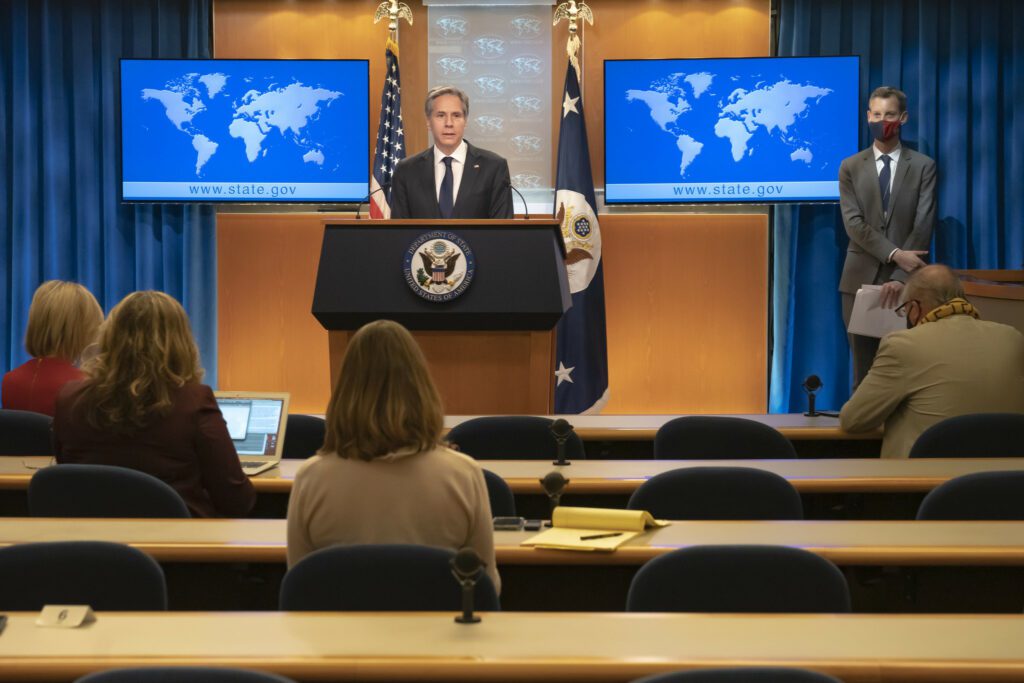
However, the Human Trafficking 2023 Report by the Office to Monitor and Combat Human Trafficking revealed that Nicaragua does not have shelters for victims, nor protection centers, despite the fact that the law requiring it was created in 2015.
This makes Nicaragua one of three countries in the entire region that made negligible efforts to address human trafficking. The other two countries are Cuba and Venezuela.
Regime places victims with families in the absence of shelters
In addition to having no shelters, the Ortega-Murillo regime also failed to allocate funds for specialized services to attend to victims, civil society organizations, and efforts to identify them were inadequate, the report cites.
“The government did not provide for specialized shelters or protection services for trafficking victims and, in the absence of facilities provided by the government, did not cooperate with civil society to fund or refer victims for support,” it notes.
In the event that public institutions did provide any protection services, capacity for long-term services was minimal, state protection was not widespread and civil organizations had limited capacity to provide any care.
In the absence of shelters, the unofficial policy of the Ortega-Murillo regime is to place victims with family members, according to the Office to Monitor and Combat Human Trafficking. This puts victims at risk of re-victimization because family members may be complicit in the trafficking.
This is aggravated with minors. The Ministry of the Family is responsible for referring trafficked children to special protection centers, according to Law 896; but in reality the institution also returns them to their families, despite the risk of being caught up in trafficking networks again.
On the other hand, men, people with disabilities and people from sexual diversity are particularly vulnerable in the absence of shelters, as they are the least likely to have adequate shelter options.
Women, minors and migrants are the most vulnerable groups
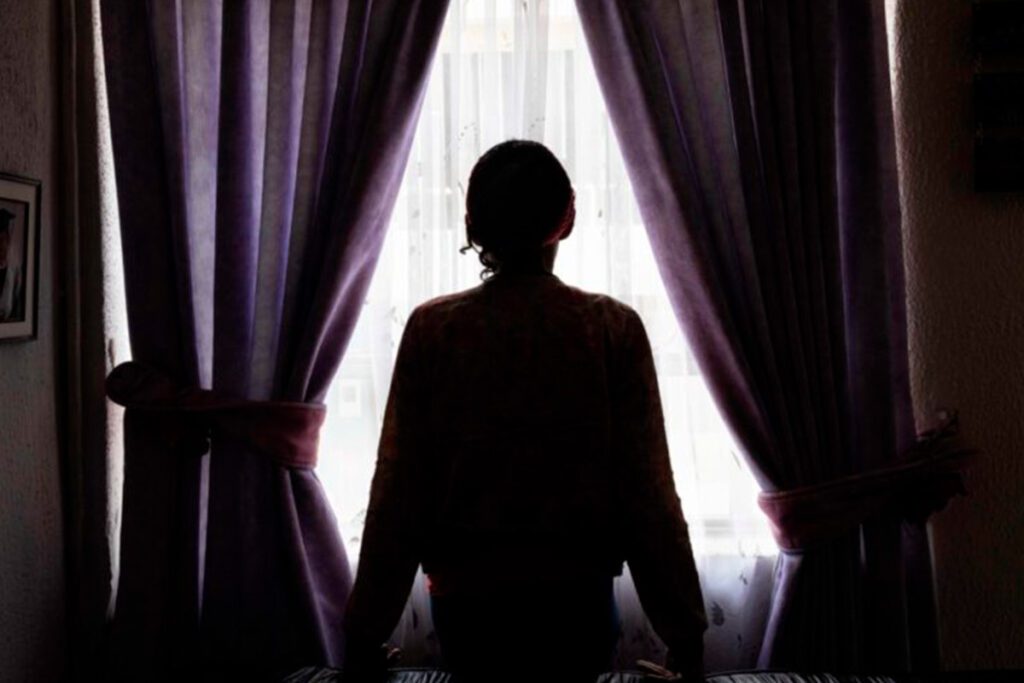
The U.S. State Department notes that in the past five years, human traffickers have been exploiting national and foreign victims in Nicaragua, as well as exploiting Nicaraguans abroad. In other words, there are victims of trafficking inside and outside the country.
The main victims are women, minors and migrants. “Traffickers subject Nicaraguan women and children to sex trafficking within the country and in other countries in Central America, Mexico, Spain, and the United States,” the trafficking report says. And family members are often complicit in this crime.
The latest official data was provided by Ortega’s magistrate and president of the Supreme Court of Justice, Alba Luz Ramos, in an interview on Channel 8, part of the dictatorship’s press propaganda, on March 29, 2022.
In the program, Ramos said that in 2021, seven cases of human trafficking were identified: six of sexual exploitation and one of regular adoption. “It’s little, it is low” she assured.
There is still no official information on 2022. However, the U.S. State Department report states that Nicaraguan media reported on two cases in that year involving five alleged traffickers.
“In one case, an official investigation led to the arrest of two suspected traffickers and the identification of four child trafficking victims,” Ramos says. In another case a woman was accused of exploiting her children in sex trafficking and was sentenced to 19 years in prison; and in another, the regime deported without charge an alleged foreign trafficker who engaged in commercial sex acts with children.
Nicaragua has no official records on trafficking
Information on human trafficking in Nicaragua is scattered, mostly documented by the media, and there are almost never official statistics because there is no public data on the subject.
In Nicaragua, the entity in charge of collecting this information is the National Coalition against Human Trafficking, a group of 25 public institutions that must enforce Law 896 and is coordinated by the Ministry of the Interior.
In turn, this group is part of the Regional Coalition against Human Trafficking and Migrant Smuggling (Corett), a network that includes members from Central America, Mexico and the Dominican Republic. Although DIVERGENTES requested an interview with Corett, at the time of going to press, they did not respond.
Meanwhile, the U.S. State Department identified 115,324 trafficked persons in the world in 2022.
Jesuit Migrant Service is “up in the air” since the confiscation of UCA
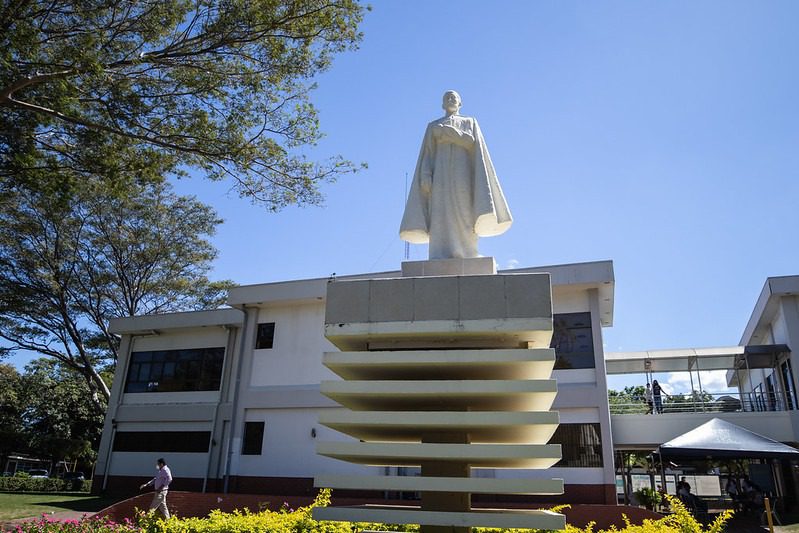
The confiscation of Universidad Centroamericana (UCA) and the cancellation of the legal status of the Jesuit Order meant the loss of the Jesuit Migrant Service (SJM), whose offices were located on the university campus. This was the only social organization left in the country dedicated to the defense of migrants’ rights.
The closure of this space means the helplessness of the entire Nicaraguan migrant population, which between 2018 and the first half of 2023 amounted to more than 605 043 people, according to Colectivo de Derechos Humanos Nicaragua Nunca Más (“Never Again Nicaragua Human Rights Collective”). This represents 9% of the total population.
Carlos Guadamuz, lawyer and advocate of the Collective says that the SJM had a very important role in assisting Nicaraguan victims of human trafficking and was the only organization still working on this issue since the beginning of the socio-political crisis in 2018.
“This leaves hundreds of thousands of Nicaraguans that are in Costa Rica, the Central American region or Mexico alone, where the Jesuit service has a presence and provides important protection services for people who are victims of these crimes, since these countries are often transit countries for human trafficking,” explains Guadamuz.
SJM also provided advice on document issuance, residency, refugee and asylum procedures, and served as a liaison for the other offices in the region.
Impeding the work of civil organizations dedicated to combating human trafficking violates Law 896, although the Ortega-Murillo regime always brags about its compliance. SJM is not the first case.
Article 8 of Law 896 indicates that the National Coalition against Human Trafficking must include a representative of the Nicaraguan Coordinating Federation of Non-Governmental Organizations that work with Children and Adolescents (Codeni). However, the National Assembly cancelled the legal status of this organization on April 20, 2022.
However, long before 2022, the Ortega-Murillo regime prevented Codeni’s participation in activities related to the National Coalition against Human Trafficking.
A “national plan” against trafficking with no results
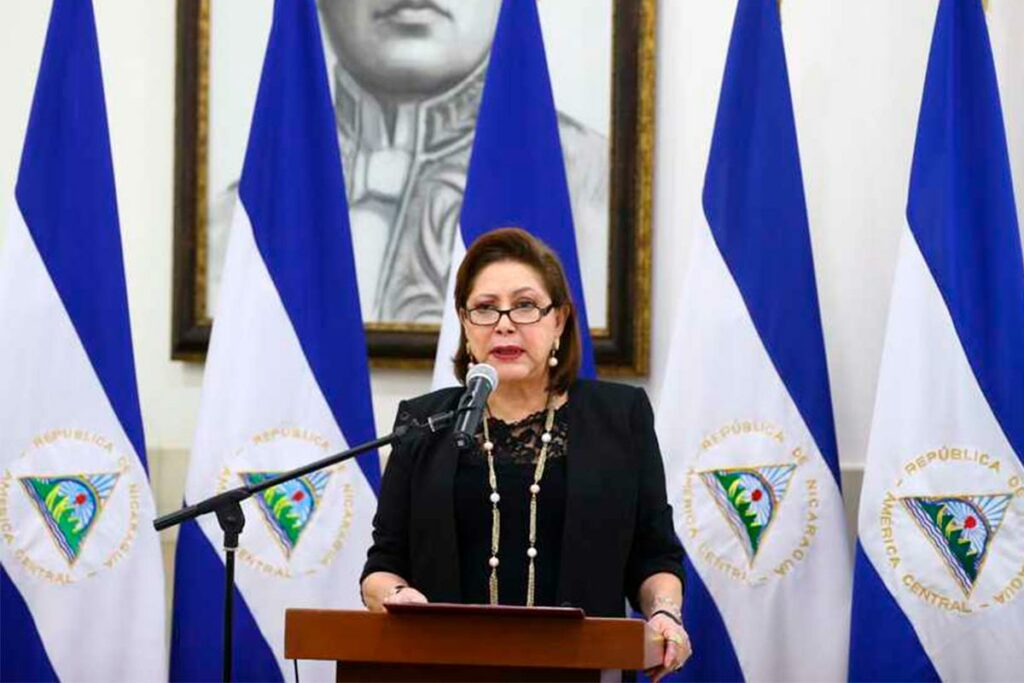
In March 2022, Magistrate Ramos presented the National Strategic Plan for the Prevention, Attention, Investigation, Prosecution and Punishment of the Crime against Human Trafficking 2023-2027.
According to Ramos, with this plan, Nicaragua “continues to be at the forefront of the fight against this transnational crime”. However, none of the plan’s actions specifically contemplate the creation of shelters and protection centers.
The plan only briefly states in its third action “to attend to and provide specialized follow-up to victims of human trafficking, guaranteeing their rights and protection measures established in Law 896”, which to date has not been complied with.
Furthermore, it does not include the recommendations provided by the Office to Monitor and Combat Human Trafficking. Among the recommendations is to partner with civil organizations to provide victims with short and long term care and reintegration services and to include them in the meetings of the National Coalition against Human Trafficking.
Also to increase funds for the protection of victims, to finance the trafficking fund and provide specialized services for victims of trafficking; and to amend the 2015 anti-trafficking law to include a definition of trafficking in persons consistent with international law.
Meanwhile, the actions set out in the plan have not been fulfilled so far in 2023. According to the plan, the National Coalition must provide quarterly reports to evaluate its implementation; but ten months into 2023, there are no public reports in this regard.
The plan also includes strengthening the “Single National Registry of information on human trafficking”, the creation of which is contemplated by Law 896.



